Off the beaten track: Israeli innovation is NOT confined to Tel Aviv
Tech Innovation
Hearing the words “Start-Up Nation” or “Israel’s innovation ecosystem” one can’t help but bring to mind glossy images of Tel Aviv’s skyline at night, people on scooters riding down Rothschild Boulevard, or the sandy beaches of the central coast. Tel Aviv, as the commercial capital of Israel — home to literally thousands of high-tech companies, R&D centers, venture capital firms, and various accelerators and incubators — has rightfully become synonymous with Israeli tech. Those more familiar with the Israeli tech sector may also be aware of the activity taking place in the large cities of Jerusalem and Haifa, each a thriving tech hub in its own right. But Israeli innovation knows no boundaries and the underlying factors that produced the entrepreneurs that made Tel Aviv a technological magnet for investors, multinational corporations, and governments exist all over the country. For the tech enthusiast who is not afraid of diverging from the beaten path, here are 5 Israeli tech centers outside of the big cities.
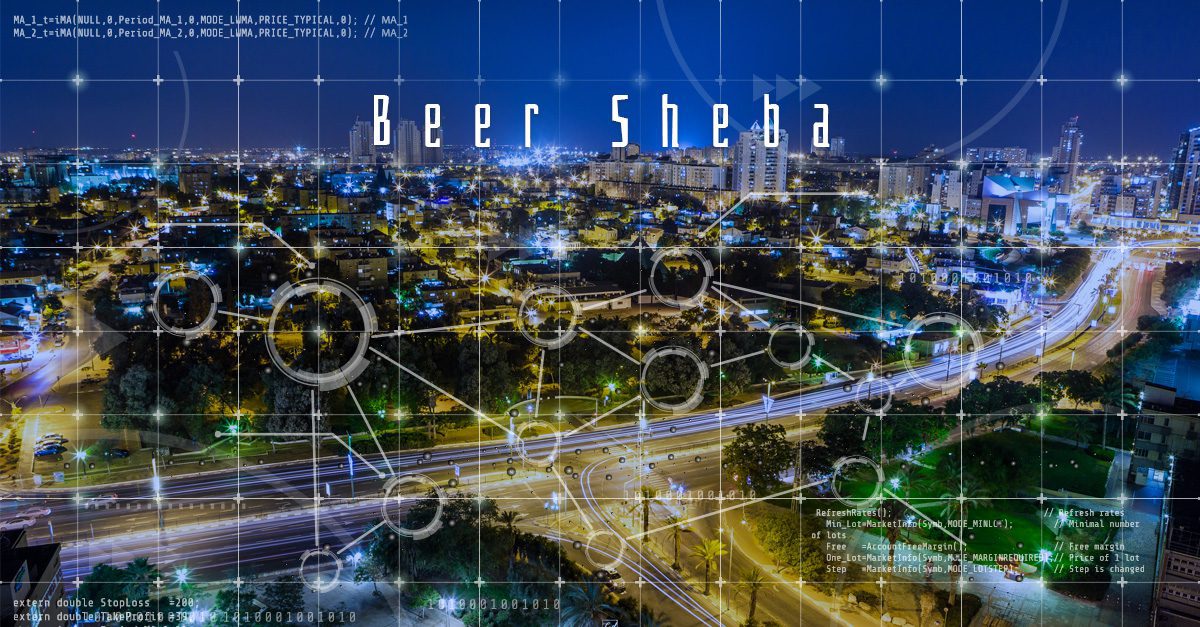
Beer Sheba is a small city with a population of about 220,000 people located in the heart of the Negev Desert in southern Israel. In recent years, it has become a major center for cybersecurity due in large part to a successful cross-pollination between the military, academia, and the private sector. Beer Sheba is home to the Ben Gurion University of the Negev, with its graduate program in cybersecurity and its Cyber Security Research Center, to cyber innovation arena CyberSpark, and to leading companies such as EMC, Deutsche Telekom, Paypal, Oracle, IBM, and Lockheed Martin. It also hosts the INCB (Israeli National Cyber Bureau), offers tax incentives and R&D grant channels for cybersecurity companies, and is the intended destination of the IDF’s growing intelligence and cyber divisions. With the university and the military churning out thousands of tech professionals at a time when their skills are in peak demand, it’s no surprise that Israeli companies — both cyber and otherwise — have concentrated in the south. Located an hour and a half by train away from Tel Aviv (or a 2-hour drive in often-gridlocked traffic), means Beer Sheba is close enough when it matters and remote enough to be distinct.
It’s also the only tech center in Israel where you’re as likely to come across a camel as you are a robot.
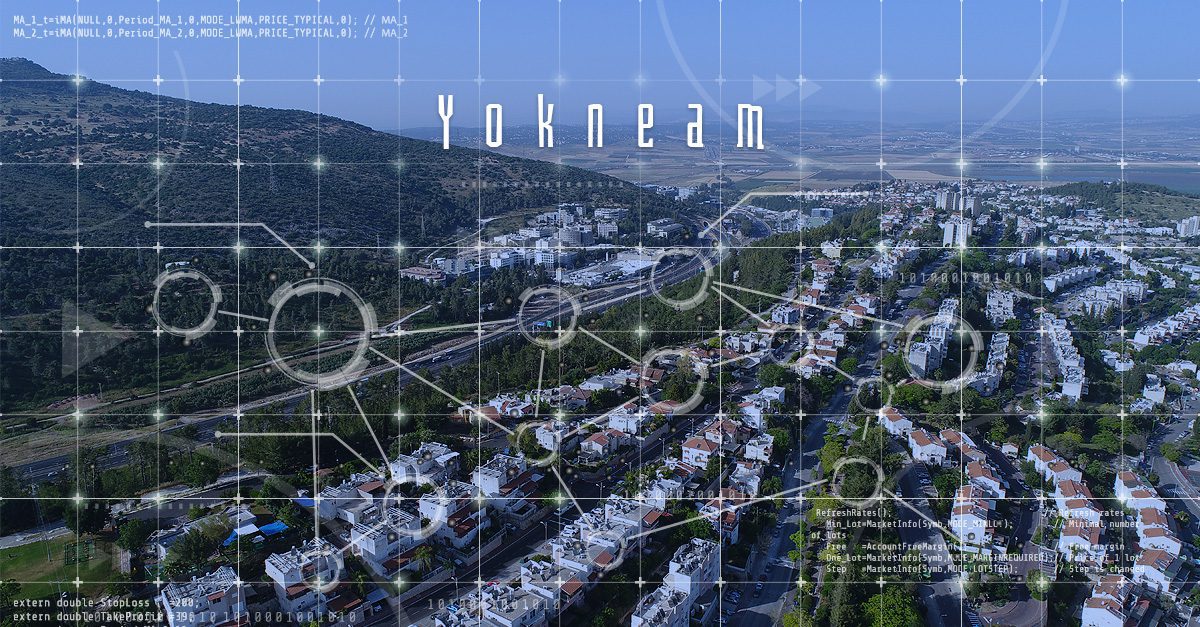
If Israel is the “Start-Up Nation” then Yokenam is a “Start-Up Village.” The buildings there may not be flashy skyscrapers, but scores of tech companies of all sizes have found homes in sprawling complexes there, often hidden behind a thick row of trees and hedges. The tiny city of 25,000 people in the north of Israel received a tech infusion in the early 2000s when it was granted National Priority A status, making companies who moved there eligible for major tax benefits and investment grants. It is now home to roughly 200 companies, including Mellanox Technologies, which was sold to global chipmaker Nvidia for $7 billion in 2021. Companies based in Yokneam specialize in a wide range of technologies, including semiconductors, biotechnology, pharmaceuticals, and medical devices, but many of them share an affinity for projects that require longer-term R&D. Yokneam’s talent pool includes graduates from two of Israel’s most important academic institutions, the Technion and the University of Haifa, and its distance from Tel Aviv (an hour’s drive or train ride) makes it a good destination for employees who prefer a more rural lifestyle.
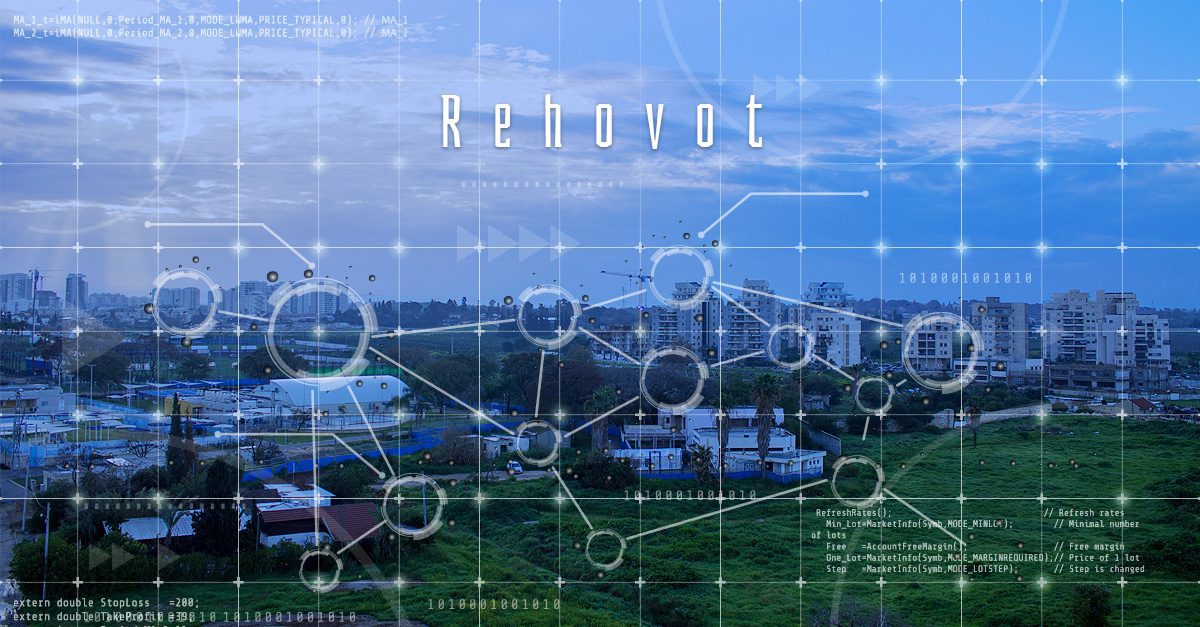
The suburban sleeper town of Rehovot has been jolted awake in the past couple of decades by an influx of tech companies. Located just half an hour to the south of Tel Aviv, the city’s big tech magnet is its proximity to the Weismann Institute of Science, a world-renowned academic center specializing in research in the fields of natural and exact sciences — academic disciplines that produce a generous supply of patents and a foundation for a wide range of commercial developments. The city also hosts the Hebrew University’s Faculty of Agriculture, Food & Environment, which makes it a prime location for AgriFood-Tech companies. Alongside its neighbor Ness Tziona, Rehovot hosts roughly 200 companies of all sizes, many of which focus on life sciences and biotech innovation.
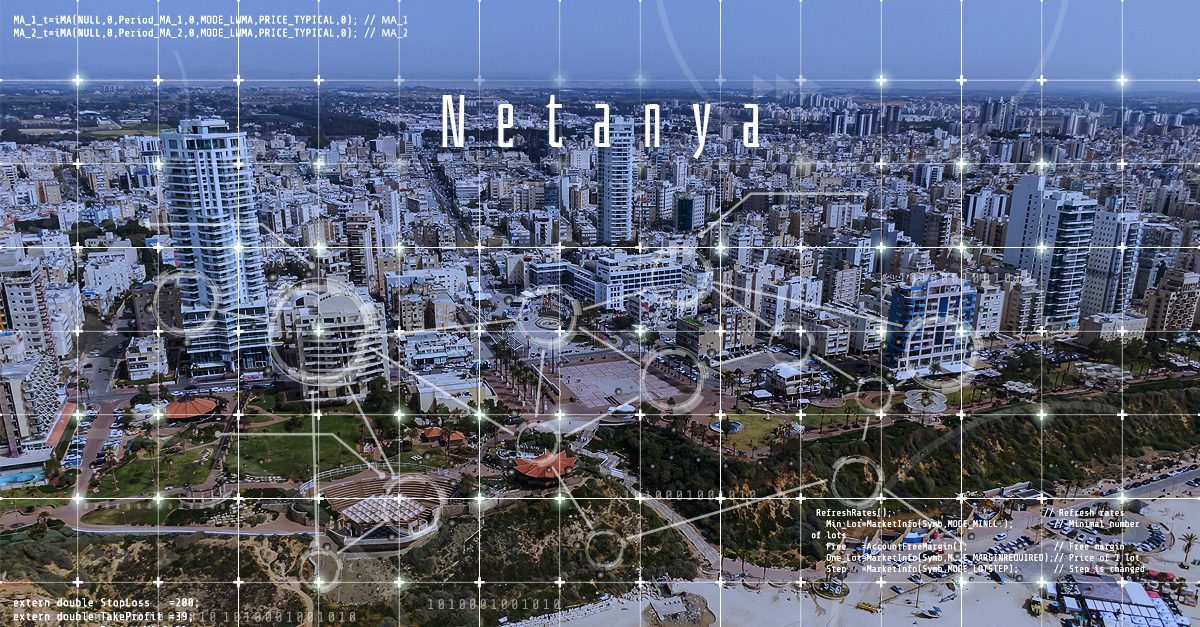
The views may look the same: metal and glass office buildings alongside white sandy beaches, but this is not Tel Aviv, it’s Netanya, Tel Aviv’s little sister to the north. Israel’s 7th largest city, Netanya is home to around 250,000 people, many of whom are immigrants or come from immigrant families. Dubbed the “Israeli Riviera” because of its coastal location and abundance of French-speaking residents, Netanya offers tech companies more space at better prices than they can get in the crowded metropolis, without compromising on the quality of talent or connection to the center. So far around 100 companies, spanning a variety of sectors including cybersecurity, VR, AI, gaming fintech, and mobility, have made the city their base of operations. Located just half an hour from Tel Aviv, Netanya is a great place for people who want the big city vibe and views, without the tiresome commute.
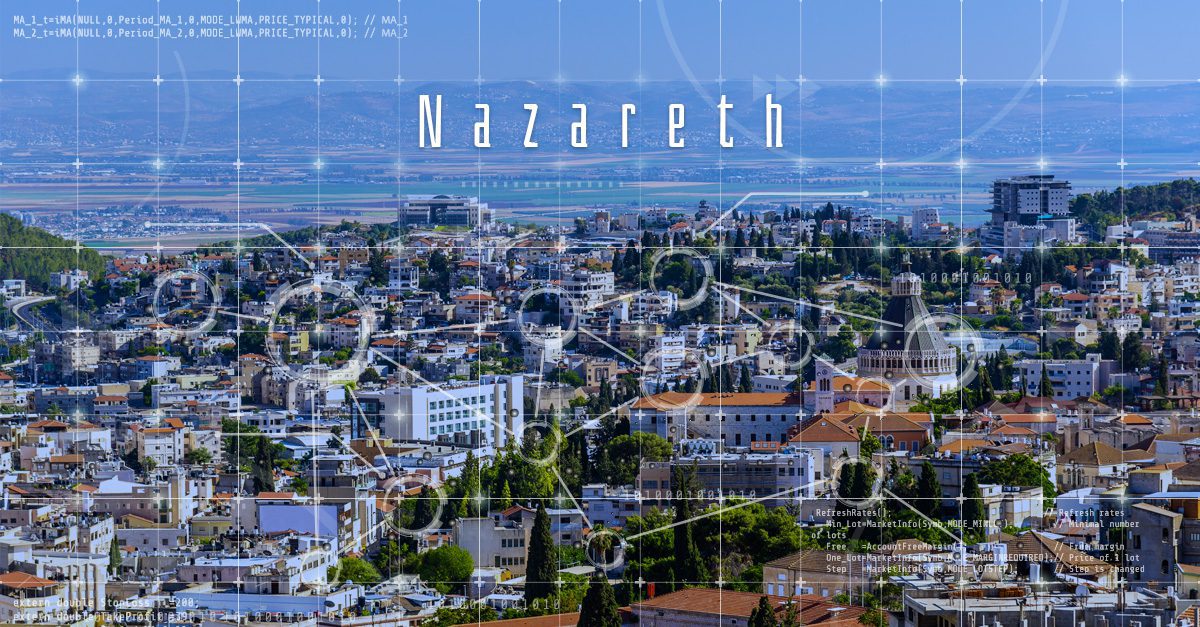
This northern Israeli city may be more famous for its religious roots than its tech zones, but Nazareth is becoming a pilgrimage destination for geeks as well as the devout. Over the last decade or so, Nazareth has drawn in around 50 tech companies, including giants like Microsoft, Salesforce, Amdocs, and Broadcom. As the largest Arab city in Israel (home to roughly 75,000 people), Nazareth is the main beneficiary of an awakening of Arab-Israeli entrepreneurialism in recent years, resulting in scores of new startups, many of them located in the northern Galilee city. Its geographical location makes it a magnet for graduates of the Technion and Haifa University, where Arab Christians and Muslims make up roughly 30% of the student body, far more than their percentage of the general population (20%) and their percentage of the Israeli high-tech workforce (3%). Concentrating in Nazareth means Arab techies can overcome the social barriers that they often face in the center, and at the same time enjoy being at the cutting edge of development in their fields of expertise. Companies that are looking for a diverse workforce and are not scared away by the distance from Tel Aviv (around 2.5 hours) are increasingly considering Nazareth as their base. And hey, how many tech companies can say that they have an office a few blocks away from where Jesus grew up?
Israeli innovation knows no bounds
As the COVID-19 pandemic has taught us, geography is no longer as important as it once was. In the age of work from home and digital nomads, location is secondary. The Israeli entrepreneurial DNA that gave rise to Israel’s most flourishing industry is not restricted to a certain location. It is the result of a national education system and a hunger for innovation that permeates Israeli society as a whole. When looking for technological solutions it’s best not to limit oneself to what you already know and are familiar with. Ingenuity, creativity, and inspiration are often found where you least expect it.
 Tech Ecosystem
Tech Ecosystem Human Capital
Human Capital Focus Sector
Focus Sector Business Opportunities
Business Opportunities Investment in Israel
Investment in Israel Innovation Diplomacy
Innovation Diplomacy Leadership Circle
Leadership Circle Our Story
Our Story Management Team
Management Team Careers
Careers